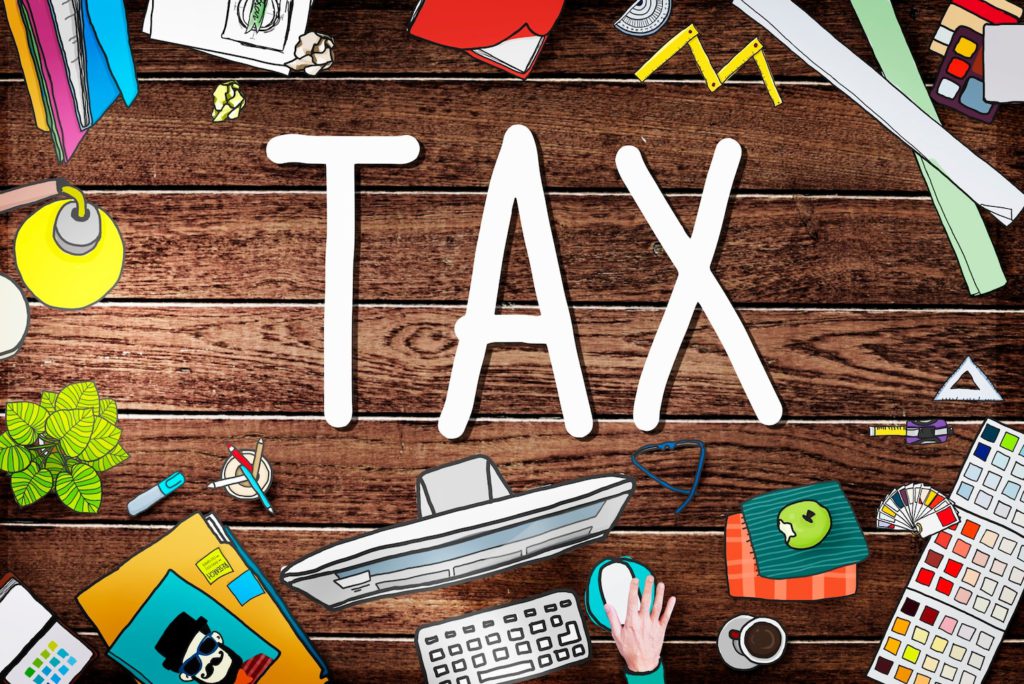Introduction
Spousal and child support payments often carry significant tax implications for both the payer and recipient. These payments may affect income tax calculations, where spousal support payments could be deductible by the payer and taxable for the recipient. On the other hand, child support payments follow a different set of rules.
This article explains the tax treatment of spousal and child support payments, providing clarity on eligibility criteria, applicable deductions, and important compliance considerations.
Tax Treatment of Spousal Support
For spousal support payments to be tax-deductible by the payer or included in the taxable income of the recipient, the following conditions must be met:
- Court Order or Written Agreement: A legal document must explicitly outline the spousal support amount to be paid.
- No Outstanding Child Support Payments: The payer must have fulfilled all child support obligations for the current and prior tax years.
- Living Separately: The spouses must no longer cohabitate due to the breakdown of their relationship.
Monthly Spousal Support Payments
Monthly spousal support payments are:
- Deductible for the payer’s taxable income.
- Taxable for the recipient’s taxable income.
Lump-Sum Payments
Lump-sum spousal support payments are typically not deductible by the payer and are not included in the recipient’s taxable income.
Exceptions:
- Lump-sum payments made to settle prior years’ spousal support arrears may qualify for deductibility. In such cases:
- The payer must submit Form T1198 to the CRA.
- The payment must be included in the taxable income of the recipient for the years the arrears apply.
- Lump-sum payments made as security for future payments may also qualify as deductible for the payer and taxable for the recipient.
Legal Fees Related to Spousal Support
Both the payer and recipient can deduct legal fees incurred for arranging spousal support payments.
Payments from an Estate
If spousal support payments are received from the payer’s estate, they are not taxable for the recipient.
Tax Treatment of Child Support Payments
The tax treatment of child support payments depends on the date of the agreement or court order:
- Agreements After April 1997:
- Payments are not deductible for the payer.
- Payments are not included in the taxable income of the recipient.
- Agreements Before May 1997:
- Payments are deductible for the payer and taxable for the recipient.
- Both parties can elect to follow post-April-1997 rules by signing Form T1157.
Best Practices for Record-Keeping and Payments
Maintain Clear Records
- Use electronic transfers, bank drafts, or cheques to ensure there’s a clear audit trail. Avoid cash payments, as they lack documentation and may lead to disputes with the CRA.
Separate Spousal and Child Support Payments
- Do not combine or net payments for spousal and child support. For example:
- If Spouse A owes $600 for spousal support and Spouse B owes $300 for child support, Spouse A should pay $600, and Spouse B should pay $300 separately.
Compliance with CRA Audits
- Improper or unclear payments may result in the CRA denying deductions. Work with an experienced accountant to ensure compliance and proper reporting.
Pro Tax Tips for Spousal and Child Support Payments
- Document Every Payment:
- Keep copies of all agreements, payment receipts, and relevant correspondence.
- Avoid Mixing Payment Types:
- Clearly distinguish between spousal and child support payments to prevent errors during CRA audits.
- Seek Professional Advice:
- Engage an accounting professional to determine eligibility for deductions and ensure compliance with CRA requirements.
- Understand Tax Implications:
- Be aware of how your payments affect benefits, such as GST/HST credits or Canada Child Benefits, and adjust your tax strategy accordingly.
Conclusion
Spousal and child support payments come with specific tax implications that both the payer and recipient must consider. Proper documentation, adherence to CRA rules, and professional advice are key to avoiding disputes and maximizing tax efficiency.
If you have questions about the tax implications of spousal or child support payments, consult one of our experienced accountants for tailored guidance and support in navigating these complex tax matters.
This article is written for educational purposes.
Should you have any inquiries, please do not hesitate to contact us at (905) 836-8755, via email at [email protected], or by visiting our website at www.taxpartners.ca.
Tax Partners has been operational since 1981 and is recognized as one of the leading tax and accounting firms in North America. Contact us today for a FREE initial consultation appointment.
#lifeinsurance #irp #lifeinsurancetax #incometax #cralifeinsurance #shareholderbenefits #GreatwayFinancial #GreatwayIRP #ExperiorIRP #ExperiorLifeInsurance #WFGIRP #WFGIvari #InfiniteBanking #IRPBMO #JimPatterson #WaltDisney #TermInsurance #AccountantLifeInsurance #LifeInsuranceCRA #IndependentLifeInsuranceAdvisor #InsuranceAdvisor #FSRA #FSRAAudit #WholeLife #WholeLifeInsurance #InsuranceHelp #ProtectFamily #JamiePrickett #Marlon #MarlonAntonio #Recruiting


